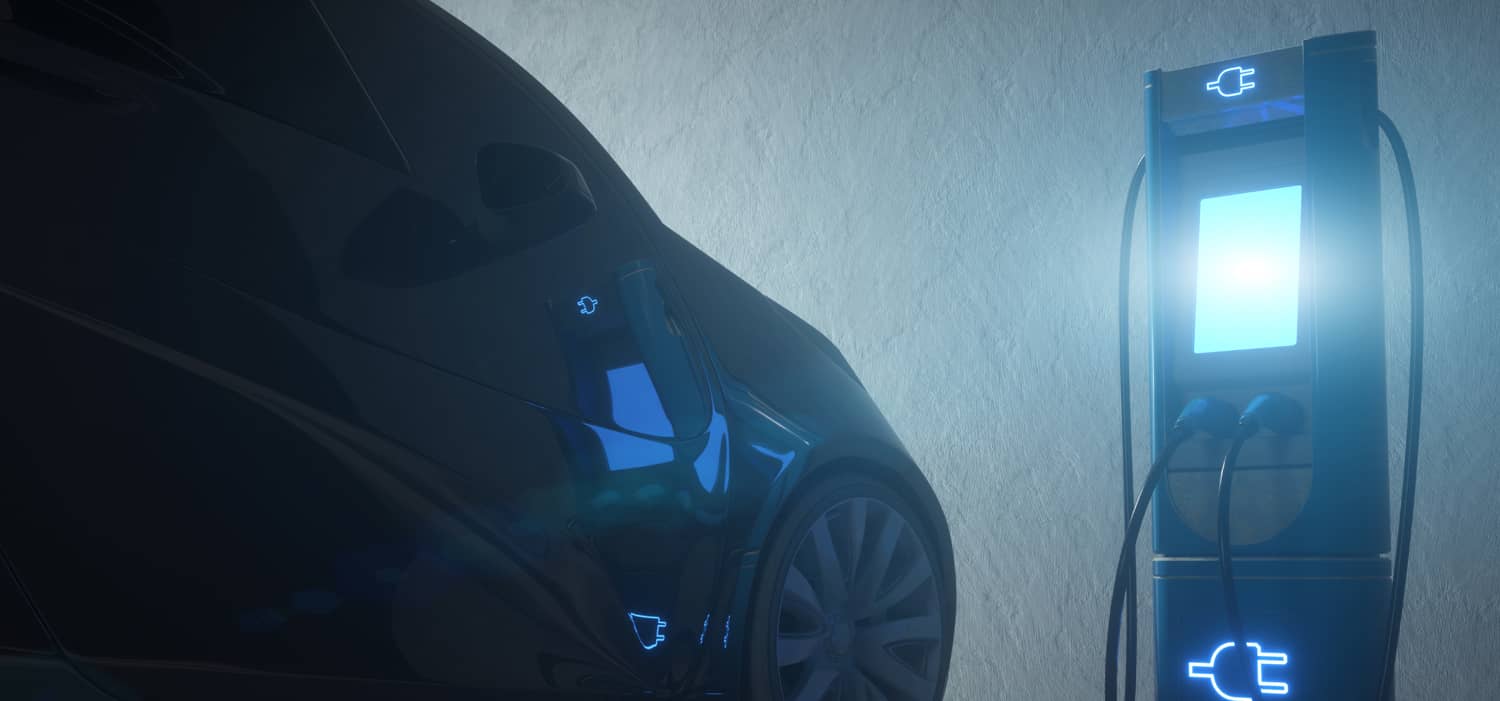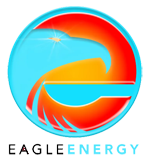
EV Charging Stations
Its time to go green! The car market is changing over to electric. We can help you install EV Charging stations at your home, or commercial property. Ask us about the SMUD rebates for EV Charging stations.
Electric Car Charging is Easy
Imagine never stopping at a gas station again, and instead, have an unlimited supply of fuel available at home or wherever you normally park. For many electric car drivers, this is a reality. Battery-electric cars never need gas, and for short trips, plug-in hybrids might use no gas.
Electric car charging is simple, cost-effective and convenient, particularly when you are plugged in at home—filling up your car even while you’re asleep. How long it takes to charge depends on the charging equipment and the size of the car’s battery and its available charging capacity.
Level 1 is the slowest method, but sufficient for drivers who charge overnight and travel 30-40 miles per day. All electric cars come with a cable that can be plugged into a standard wall outlet with no equipment installation required. Level 1 works well at home, work or anywhere—when you have sufficient time to charge. Level 1 charging is ideal for plug in electric cars that have smaller batteries. Level 1 charging adds about 3.5 – 6.5 miles of driving range per hour of charging time.
Level 2 charging is considerably faster, but requires installing a charging station, also known as electric vehicle supply equipment (EVSE). Charging station installation requires a dedicated 240-volt or 208-volt electrical circuit, similar to what is required for a clothes dryer or electric range. Level 2 is found at many public and workplace charging stations, and also in many homes. It uses the same standard connector as Level 1 charging, meaning any electric car can plug in at any Level 2 charger.
DC fast charging provides the fastest available fill-up. These are the charging stations you find in shopping centers and maybe along the highway at a rest stop. It requires a 480-volt connection, which makes it not suitable for at home use.
Even though electric costs vary throughout the state, the average price in California is about 18 cents per kilowatt hour (kWh). At this price, charging an electric car like the Nissan LEAF with a 40-kWh battery with a 150-mile range would cost about $7 to fully charge. Meanwhile, fueling a 25-mpg gas vehicle at a gas price of $4.30 per gallon would cost about $26 for enough gas to drive approximately 150 miles. This example shows just how much you can actually save in fuel costs.
Public Charging Costs
Many people charge their electric car at public charging stations. They can be free, pay-as-you-go or subscription-based, with prices set by networks or property owners. Some automakers, such as Hyundai, Nissan and Tesla may provide complimentary public charging at certain chargers. The industry is moving toward a fee structure based on kWh used, rather than by the time it takes to charge the car.
Drivers in California may expect to pay 30 cents per kWh to charge on Level 2, and 40 cents per kWh for DC fast charging. At these rates, the same Nissan LEAF with a 150-mile range and 40-kWh battery would cost about $12 to fully charge (from empty to full) using Level 2, and $16 with DC fast charging.
